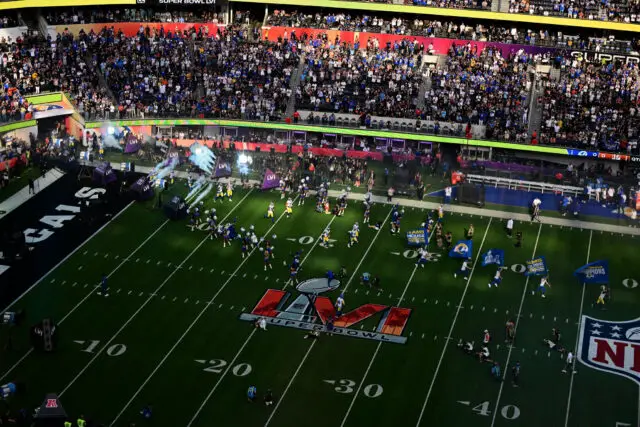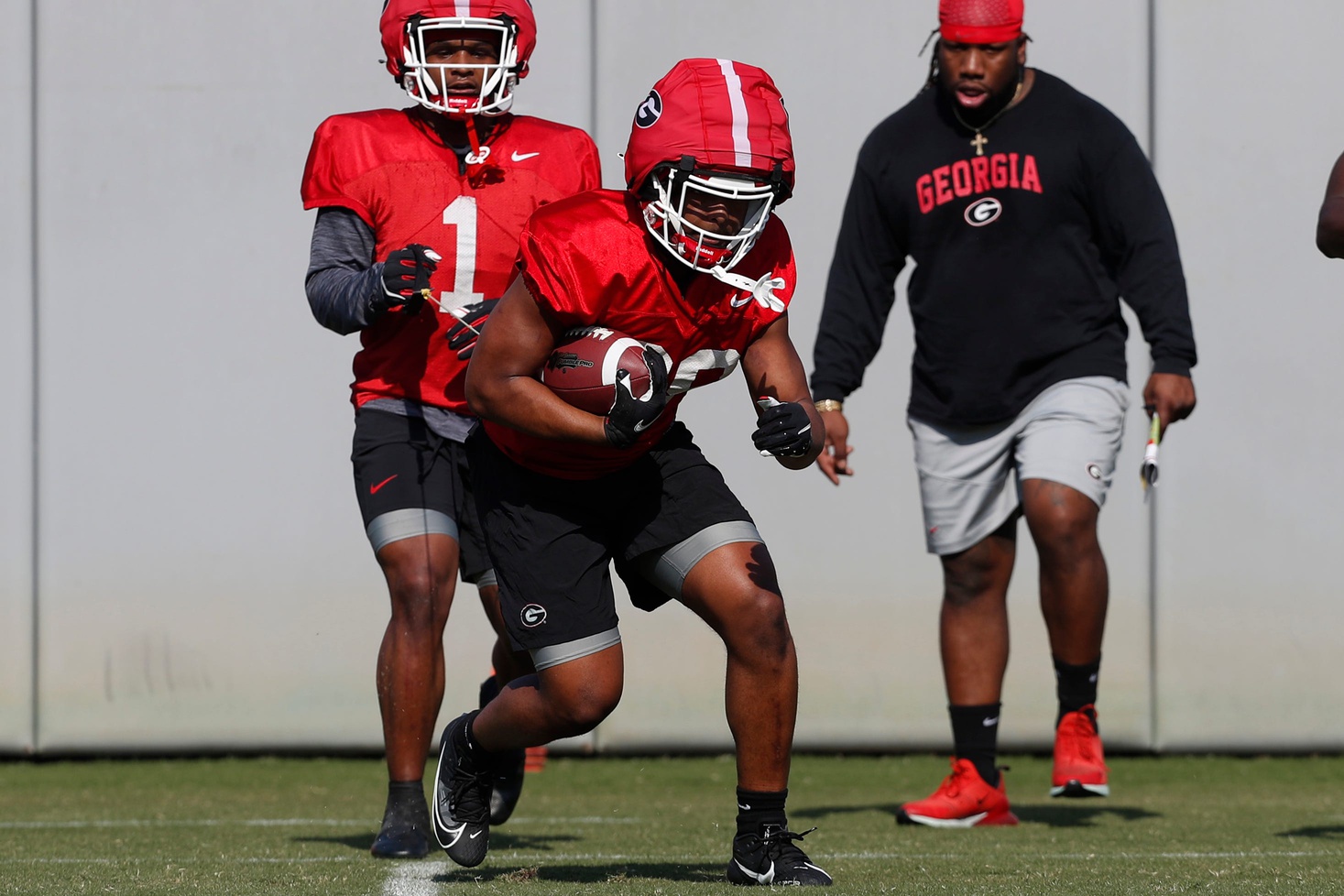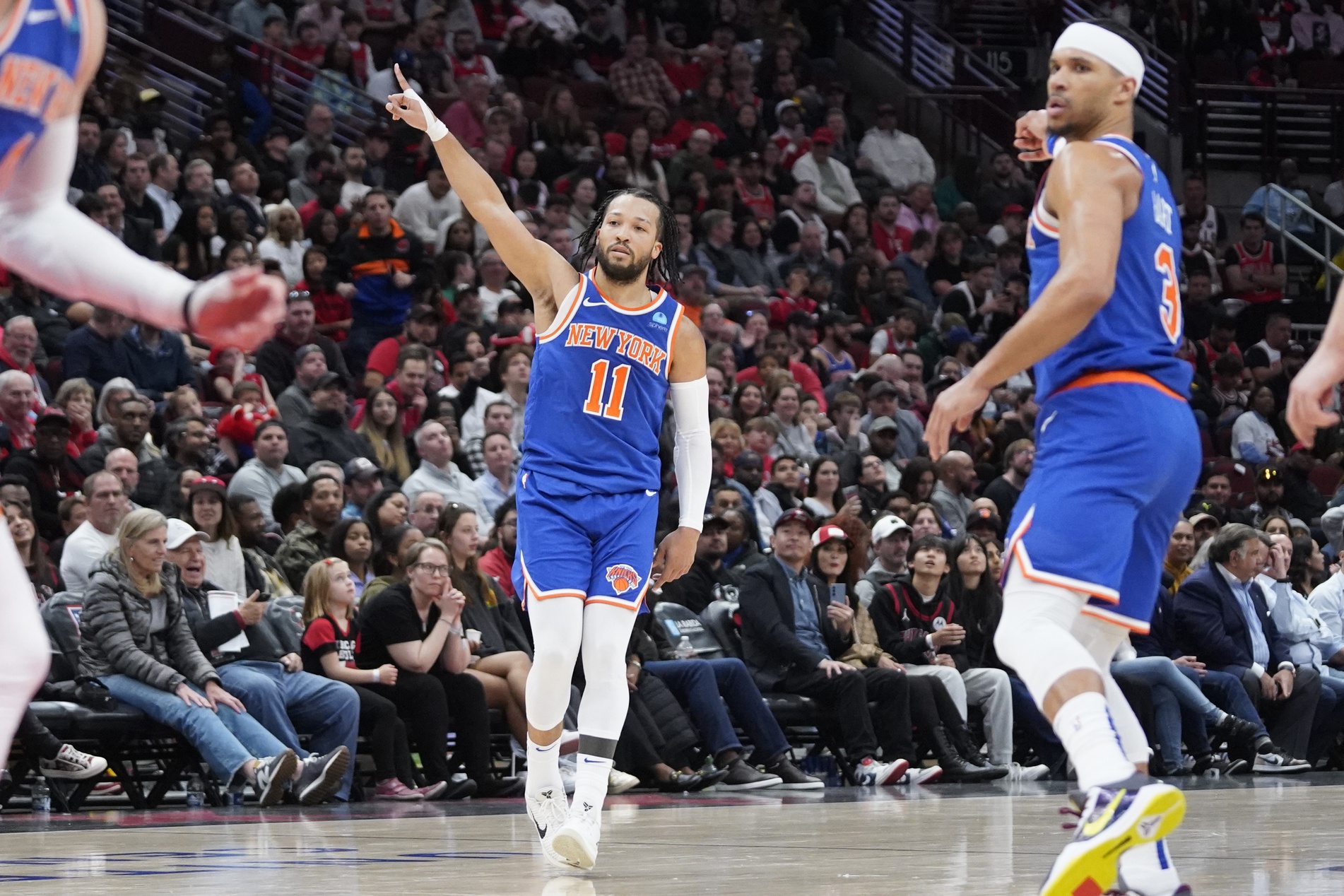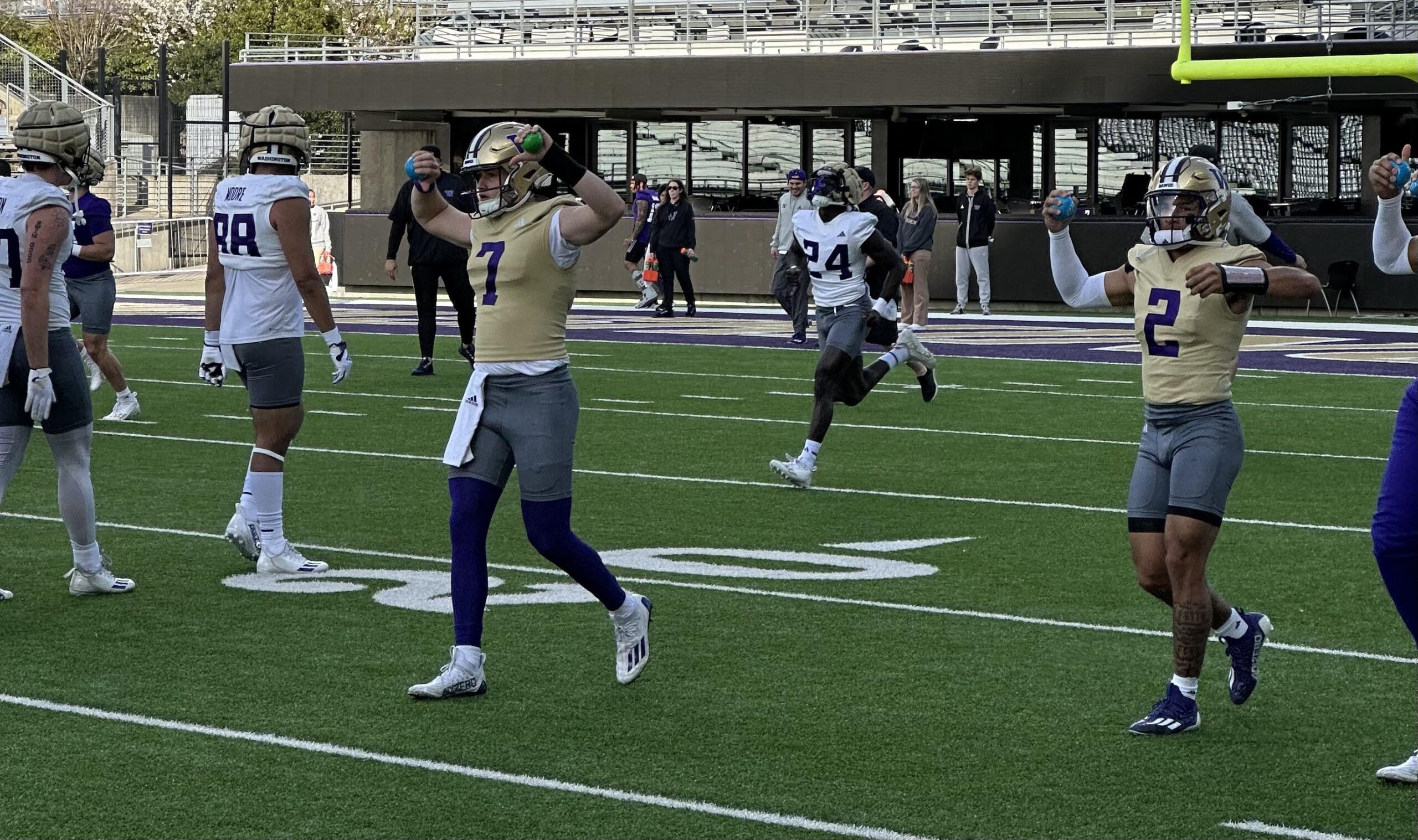

-
Super Bowl 2024 -
Live and On-Demand -
Unlimited Access to Live Games and Highlights -
Watch on Your Phone, Tab, PC, Smart TV, and Other Devices
Advancements in technology and shifts in regulations have significantly altered Super Bowl betting. This evolution reflects a broader trend in the integration of data analytics and the diversification of betting options.
As stakeholders and regulatory bodies adapt to these changes, the industry’s impact is measurable and ongoing.
The Early Days of Super Bowl Wagering
The Super Bowl has always been more than just a championship game—it’s a high-stakes convergence of sports and commerce. With the first Super Bowl in 1967, betting was a straightforward affair.
Bookmakers set odds, and bets were placed primarily in person. This was before the internet, when the process was less regulated and more localized. Betting was predominantly on game outcomes and point spreads, with few options.
Technological Innovations and Online Betting
As technology advanced, so did the betting terrain. The 1990s brought the internet and with it, online betting platforms. The ease of placing bets from home changed the game completely.
The range of bets expanded, and live betting became possible, allowing wagers to be placed on specific plays or moments within the game.
Prop Bets and the Betting Bonanza
Proposition bets, known as prop bets, took Super Bowl betting from the rudimentary to the intricate. These bets could be on anything from the result of the coin toss to the color of the Gatorade poured on the winning coach.
Prop bets added a layer of engagement for those not solely interested in the game’s outcome but in every minute aspect of the event.
Data Analytics and Informed Betting
Data analytics have increasingly influenced Super Bowl betting. With vast amounts of data available, bettors can make more informed decisions. Trends, player statistics, and weather conditions are analyzed to place sophisticated bets.
This era of data-driven betting has turned casual bettors into studious participants, poring over numbers and trends.
Mobile Betting and the Evolution of User Experience
With the surge in mobile device usage, the betting scene has been reshaped by the rise of smartphone applications specifically designed for sports wagering.
Convenience and immediacy are at the forefront of this shift. Enthusiasts no longer need to be tethered to a desktop computer or visit a bookmaker in person. Instead, they can engage in betting activities directly from their phones.
In line with this trend, NFL betting apps have significantly influenced how fans interact with Super Bowl betting. These platforms offer comprehensive features such as live betting, multi-game parlays, and future bets, along with real-time statistics and data that cater to seasoned bettors and newcomers.
The emphasis on user experience and access to a broad array of betting options exemplifies how mobile applications have become integral to sports betting culture.
Regulatory Changes and the Impact on Betting
Legal changes have greatly impacted Super Bowl betting. The Professional and Amateur Sports Protection Act of 1992 (PASPA) once restricted sports betting to Nevada. Its repeal in 2018 opened the gates for other states to legalize sports betting.
This change has led to a surge in legal betting options, making Super Bowl betting more accessible and widespread.
The Influence of Fantasy Sports
Fantasy sports have blurred the lines between playing and betting. Fantasy football, particularly the daily fantasy sports (DFS) model, allows fans to bet on player performances rather than game outcomes.
This has introduced a new demographic to Super Bowl betting, emphasizing individual player stats and real-time performance.
Integrating Social Media
Social media platforms have become instrumental in betting behavior. Fans use social media for tips, sharing wins, and live discussions during the game. The information flow on these platforms can influence betting decisions and has created a community aspect of Super Bowl betting.
Super Bowl Betting and the Economy
The Super Bowl is not just a sports event; it’s a significant economic driver, particularly in the betting industry. Each year, the game generates millions of dollars in wagers, from small personal bets to large-scale professional ones. With the legalization of sports betting in many states, there’s been a noticeable uptick in economic activity surrounding the Super Bowl.
State governments now reap the benefits of this activity through taxation and licensing fees. Moreover, the increased accessibility of betting platforms has amplified participation levels, leading to a greater overall economic impact.
The betting industry also creates jobs and opportunities in technology, customer service, and data analysis sectors, contributing to the broader economy.
Marketing campaigns, bonus offers, and betting advice services proliferate around the Super Bowl, creating a diverse ecosystem of economic activities anchored by the event.
The Role of Sponsorships and Partnerships
As Super Bowl betting grew, so did the opportunities for sponsorships and strategic partnerships. Betting companies and casinos seek partnerships with NFL teams and the event to maximize their visibility and user acquisition.
These partnerships are mutually beneficial; they provide teams and the league significant sponsorship revenues while offering betting companies the exposure they need to stand out in a competitive market.
Sportsbooks seek to form alliances with influential personalities and leverage team fandoms to attract bettors.
These partnerships often entail exclusive deals, enhanced odds, and unique betting options tied to specific teams or game outcomes, enhancing the betting experience and potentially increasing customer loyalty.
The Integration of Advanced Technologies
Looking to the future, advanced technologies are poised to take Super Bowl betting to new heights. Artificial intelligence is already used to analyze player statistics and team dynamics, providing bettors with predictions and options.
AI could personalize betting experiences, offering customized suggestions based on individual betting histories.
Blockchain technology promises to increase transparency in betting transactions, reduce fraud, and stream stream stream payments. Cryptocurrency, as a form of wagering currency, could also become more prevalent, offering an alternative to traditional banking methods.
Virtual and augmented reality technologies could revolutionize the live betting experience, allowing bettors to feel like they are in the stadium or directly interacting with the game elements on which they place bets.
Conclusion
As the final whistle blows on our discussion, it’s clear that the transformation of Super Bowl betting is both a reflection of and a contributor to the dynamic nature of the industry. The implications for future events and regulatory practices continue to unfold.















